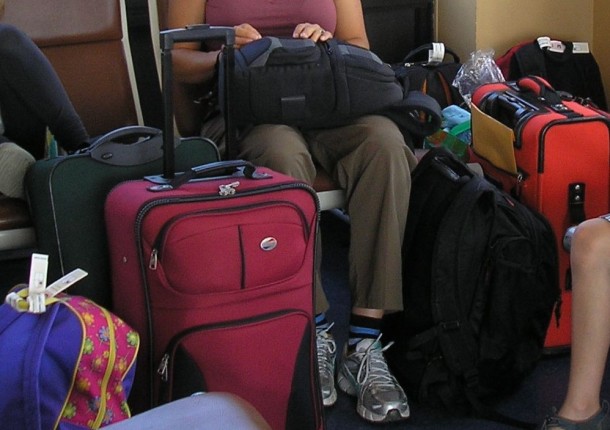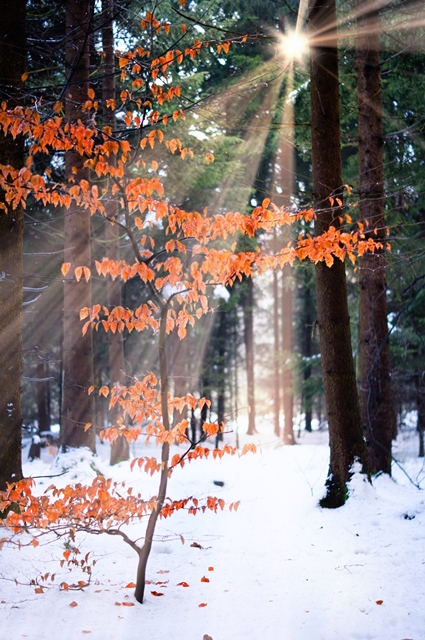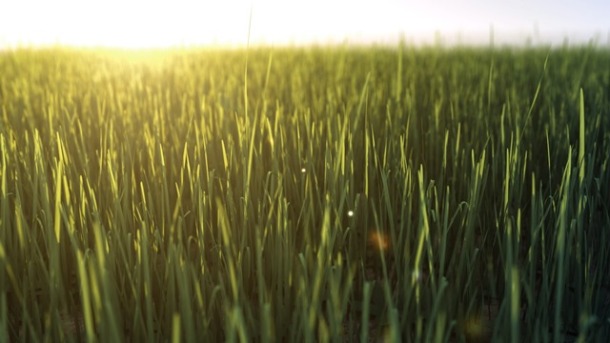
credit: Ramon Souza
The equinox is approaching and it’s garden-planning time. This will be the year of my experiment with quinoa. And it’s finally snowing here at the edge of the Rockies. Excellent.
As I watch the snow I’ve been reflecting on divine immanence and the great need we have these days for “inscendence” instead of transcendence, as Thomas Berry put it. What does it truly look like to see the Divine in everything? In things, in the physical, in nature. What is it like to live that?
We are so disconnected from the real. We are so far away from what is real that we barely remember it. We walk only from our climate-controlled cars to our climate-controlled buildings. Our world is artificially lit. We wrap everything in plastic. In groups, we thumb our gadgets feverishly, avoiding eye contact. Not speaking. I am grateful to James, for his Mansion series, which elegantly captures our self-incarceration in sterile loops of mental structures. How we are comfortable, self-satisfied, and completely neutralized.
With such a cultural backdrop the current New Age fascination with “ascension” is not surprising. I’m fascinated at the parallels with the apocalyptic currents that were common around the time of Jesus. As it was back then, our world is chaotic, overwhelming, and confusing as the current empire lurches inexorably toward self-destruction. Like then, we are told that the time is at hand, and that all of this must be left behind. When the going gets tough, the faithful ascend.
The dogma of ascension is completely consistent with mainstream culture. It affirms the same patterns of disengagement, non-participation, and disembodiment. We are little packets of consciousness on our way to somewhere else. Somewhere more valid. Safer. Sadly, ascension affirms the deep belief that we don’t belong. And that the living, breathing world around us doesn’t matter.
But these quinoa seeds tell me something different. “Plant us,” they whisper. “We want to feed you with light. Here.”







